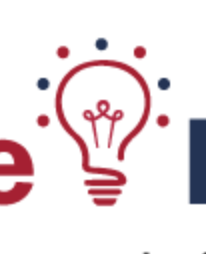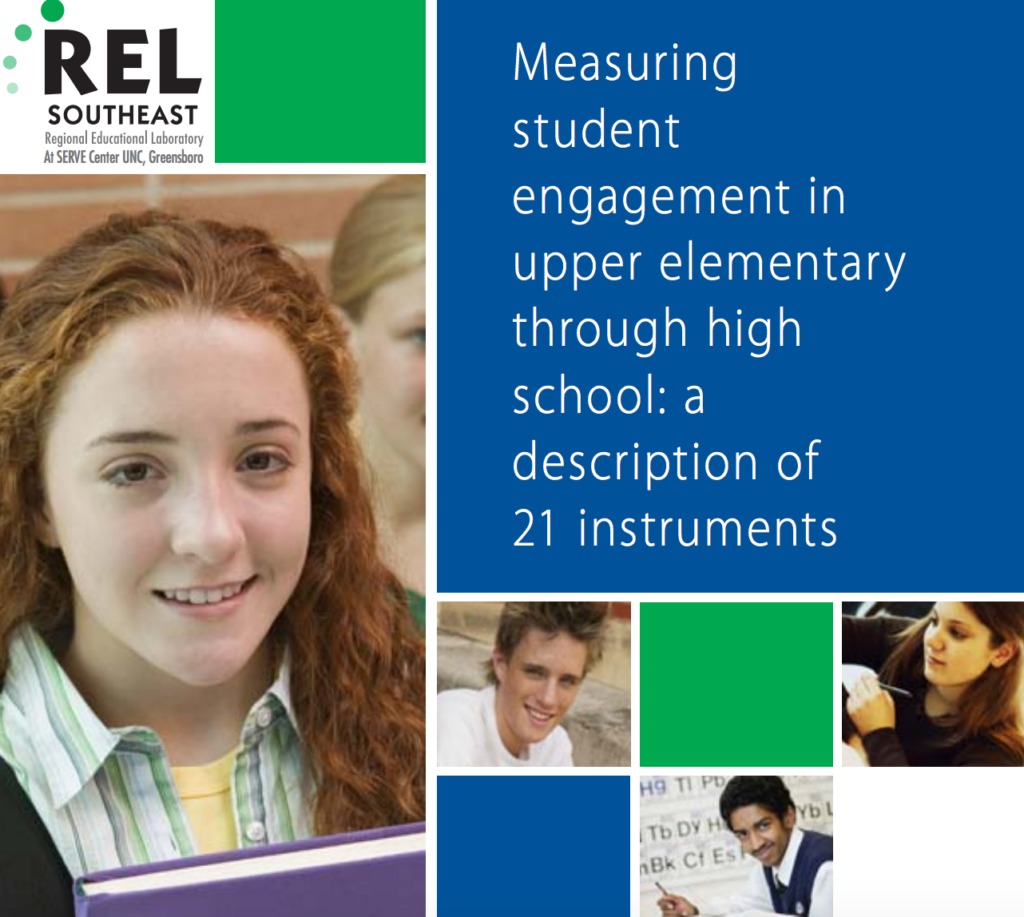SoundOut- Student Voice in Schools
50 ways Adults can support student voice! Visit the Resource →
Gardener Center for Youth and Communities
Mission The John W. Gardner Center for Youth and Their Communities (JGC) at Stanford University partners with communities to develop leadership, conduct research and effect change to improve the lives of youth. Principles Our work is rooted in the principles of community youth development: a community only prospers when its young people prosper, and young… Read More ›
Usable Knowledge

The Usable Knowledge website, managed by the Harvard Graduate School of Education are intended to disseminate key practice and policy lessons derived from current education research. Topic areas include: Leadership and policy Learning and development Decisions through data Community and family Teaching and curriculum Visit the Resource →
CHOICE Academy
CHOICE is a unique school of about 50 students in grades 7 through 12, offering core academics in a way that is very different from a traditional middle or high school. Students take math, science, language arts, and social studies here, but they earn elective credits and all their other graduation requirements outside their abbreviated… Read More ›
Black Male Student Success in Higher Education
Black Male Student Success in Higher Education, a Report from the National Black Male College Achievement Study, moves beyond deficit perspectives on achievement by highlighting persons, policies, programs, and resources that help Black men succeed across a range of college and university contexts. Instead of adding to the now exhaustive body of literature and conversations… Read More ›
Big Picture Learning
Big Picture Learning’s mission is to lead vital changes in education, both in the United States and internationally, by generating and sustaining innovative, personalized schools that work in tandem with the real world of the greater community. Big Picture believes that in order to sustain successful schools where authentic and relevant learning takes place, we… Read More ›
The Pedagogy of Poverty Versus Good Teaching
Martin Haberman’s “Pedagogy of Poverty versus Good Teaching” challenges educators to think differently about the “core functions of urban teaching”. An excerpt, “The classroom atmosphere created by constant teacher direction and student compliance seethes with passive resentment that sometimes bubbles up into overt resistance. Teachers burn out because of the emotional and physical energy that… Read More ›
Student-centered learning: What does it mean for students and lecturers?
Research paper by: Geraldine O’Neill and Tim McMahon, University College Dublin The term student-centred learning is widely used in the teaching and learning literature. Many terms have been linked with student-centred learning, such as flexible learning (Taylor 2000), experiential learning (Burnard 1999), self-directed learning and therefore the slightly overused term “student-centred learning” can mean different things to different people. In addition, in practice it is also… Read More ›
Interview with Dayton Teacher
Excerpts from interview with Jolie Ankrom, Spanish teacher, Dayton Early College Academy (DECA) in Ohio | May 26, 2011 “I’m a young teacher, only in my second year of teaching. I don’t think I would be a successful student-centered teacher if I weren’t trained in it. There’s a formal program in Michigan that first year teachers go through…” Access… Read More ›
OECD’s Brain Research Website
OECD’s Centre for Educational Research and Innovation (CERI) – Brain and Learning | Learning Sciences and Brain Research project website The culmination of the Brain and Learning project is the publication “Understanding the Brain: The Birth of a New Learning Science” This enlightening publication is essential reading for all those involved in education as parents, teachers, researchers, policy makers and… Read More ›
New Technology High School Website
New Technology High School, is a high school in Napa California. According to the website, “New Technology High School is committed to leading educational reform. Our program encourages students to learn through collaboration with family, business, and community. Students develop the resilience necessary to succeed in a rapidly changing world. Their education at NTHS… Read More ›
Measuring Student Engagement in Upper Elementary Through High School

This 2011 report from The Regional Education Laboratory SouthEast (REL Southeast) identifies tools for measuring student engagement in upper elementary through high school. These instruments were pulled from a variety of disciplines and assess the behavioral, emotional, and/or cognitive nature of engagement. They are divided into three types: Student self-report questionnaires at either the school or class level… Read More ›